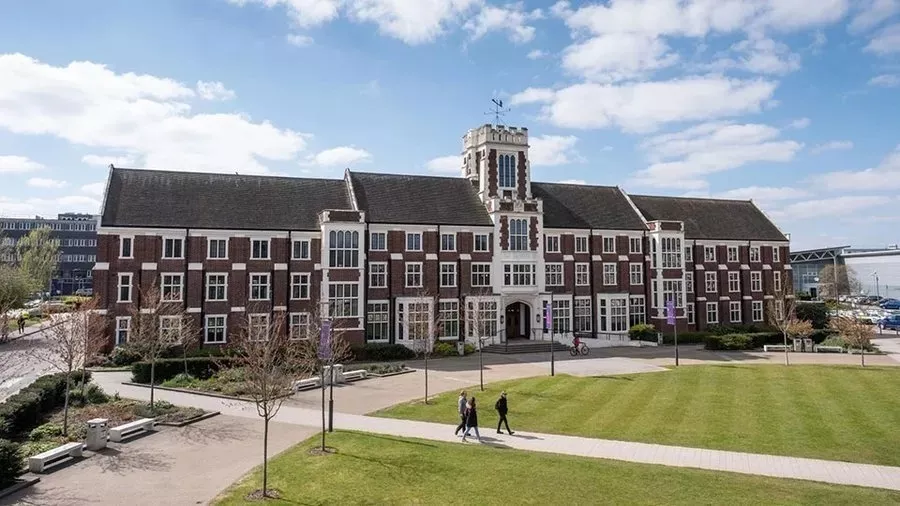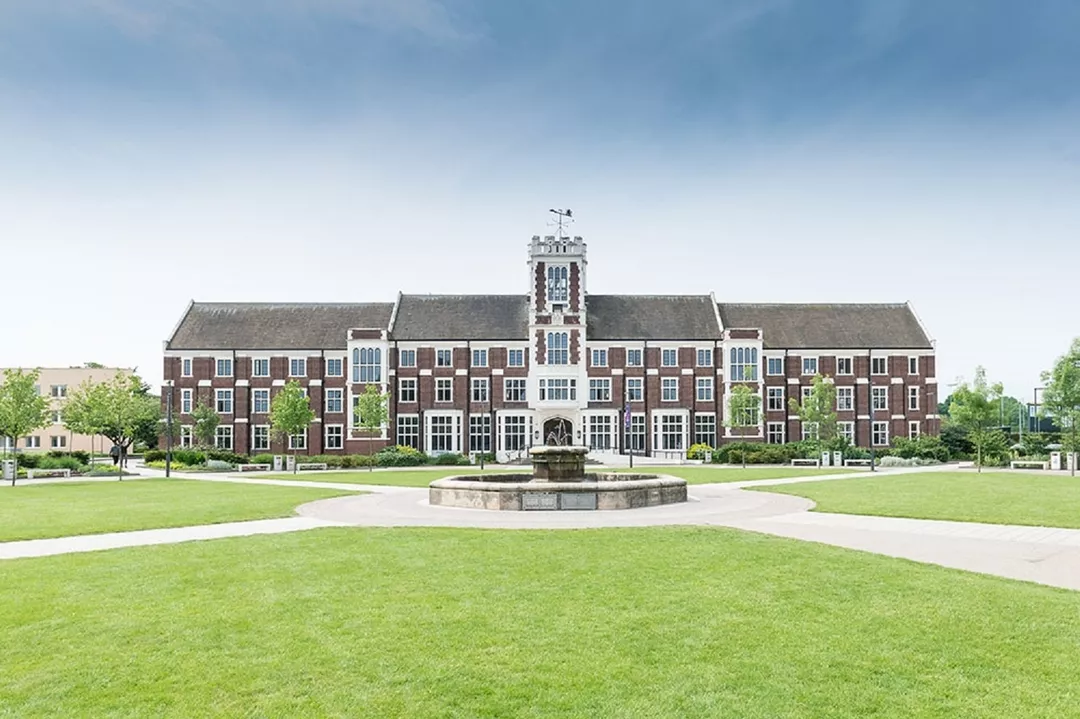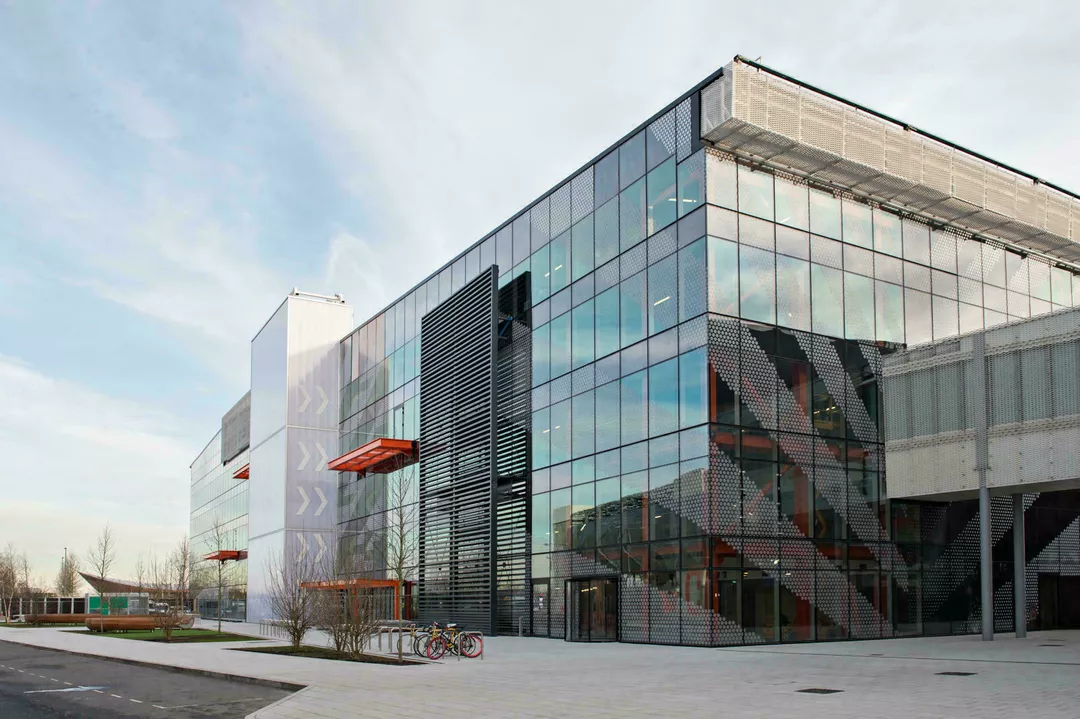-
hello@abroadcube.com
Mail us
-
Call For Help:
98779 83783
-
Whatsapp Us
70090 34921
As a graduate of the MSc Low Energy Building Services Engineering degree, students will gain a holistic understanding of the principles of low energy building and building services design, and will be able to contribute to the global transition to a future low energy built environment. This degree will develop students' understanding of: human thermal comfort and the need for indoor air quality - the principles of low energy building design - the design of building air conditioning systems - the buildings energy supply systems, including electrical and district energy systems - the control of low energy buildings – the theory and use of computer modelling and simulation in predicting building performance - the capture of design knowledge using 3D Building Information Modelling - and research methods and data analysis.
If students choose to study this MSc Low Energy Building Services Engineering degree, they will learn through a carefully balanced combination of lectures, in-class guided workshops, hands-on laboratory experiments, site visits, computer modelling and independent research, the content being delivered by experts in the field. Part time students may base their research projects on particular needs of their current employer.
This master's degree is accredited by both the UK Chartered Institution of Building Services Engineers (CIBSE) and the Energy Institute (EI), for professional registration as a UK Chartered Engineer (CEng). The course has extensive support from industry and they provide prizes and placement for students. The School of Architecture, Building and Civil Engineering has an international reputation, close links with industry and UK professional organisations, and has delivered programmes in Building Services Engineering for over 40 years. The School of Architecture, Building and Civil Engineering was ranked 1st for ‘Research Environment’ in Architecture, Built Environment and Planning in the latest UK Government Research Excellence Framework.
Students will gain access to 3000m2 of unrivaled laboratory and field-scale facilities that enable world-class research to be conducted. Loughborough's suite of full-scale test houses are unique in providing a ‘matched pair’ capability that allows high-quality comparative testing of home energy efficiency interventions. In the laboratory, a controllable environmental room combined with laser-based velocimetry equipment and heated breathing manikin allows investigations of the airflows around humans in rooms and the implications for inhaled air quality and thermal comfort for a range of ventilation options. A ‘salt bath’ water tank enables airflows through buildings to be visualised and a large scale indoor solar simulator can be used for testing the solar collection performance of new concepts for renewable energy collection by buildings. There is an experimental heat pump, heat transfer, pressure loss, corrosions for HVAC pipework. There are many questions about moisture flows in buildings, and the school's newly-completed hygrothermal chambers allow investigation of heat and moisture transfer through building structures. These large-scale facilities are complimented by a suite of workshops and supported by a team of technicians trained in wood-work, plastics, metal-work, mechanical systems and electronics.
| Level | Masters |
| Discipline | Engineering |
| Duration | 12 months |
| Intakes | Oct |
| Application Fees | GBP 0 |
| Tuition Fees | GBP 23500 |
| Campus | Loughborough |
| Language proficiency (minimum) | |
| IELTS | 6.5 |
|---|---|
| TOEFL | 92 |
| PTE | 67 |
| Duolingo | 110 |
| Exam proficiency (minimum) | |
| SAT | Not Required / Waiver |
|---|---|
| ACT | Not Required / Waiver |
| GRE | Not Required / Waiver |
| GMAT | Not Required / Waiver |
Minimum GPA - 75%
QS Quacquarelli Symonds is the world’s leading provider of services, analytics, and insight to the global higher education sector, whose mission is to enable motivated people anywhere in the world to fulfil their potential through educational achievement, international mobility, and career development.
THE (Times Higher Education) has been providing trusted performance data on universities for students and their families, academics, university leaders, governments and industry, since 2004. We create university rankings to assess university performance on the global stage and to provide a resource for readers to understand the different missions and successes of higher education institutions.
The Academic Ranking of World Universities (ARWU) was first published in June 2003 by the Center for World-Class Universities (CWCU), Graduate School of Education (formerly the Institute of Higher Education) of Shanghai Jiao Tong University, China, and updated on an annual basis
The "Webometrics Ranking of World Universities" is an initiative of the Cybermetrics Lab, a research group belonging to the Consejo Superior de Investigaciones Científicas (CSIC), the largest public research body in Spain. CSIC is among the first basic research organizations in Europe. The CSIC consisted in 2006 of 126 centers and institutes distributed throughout Spain.



